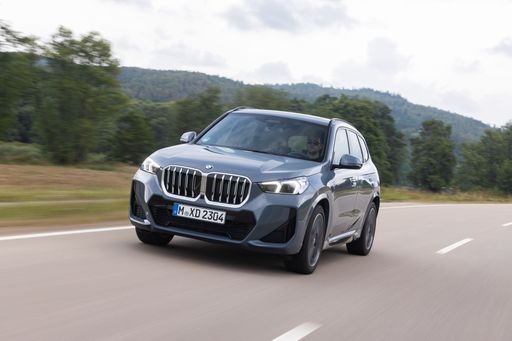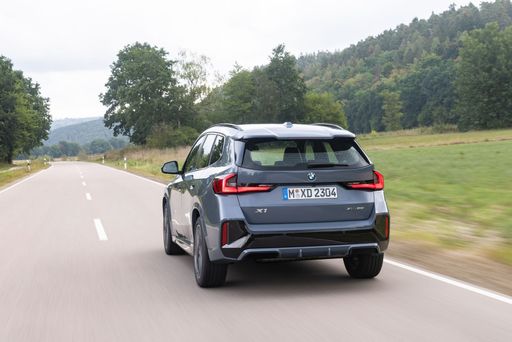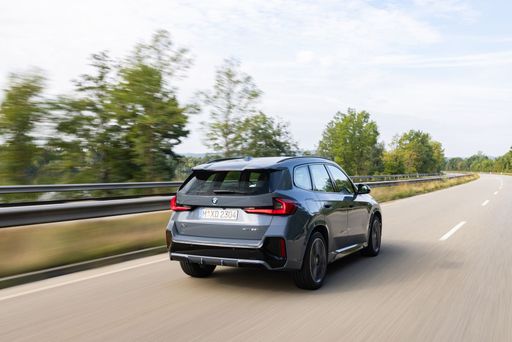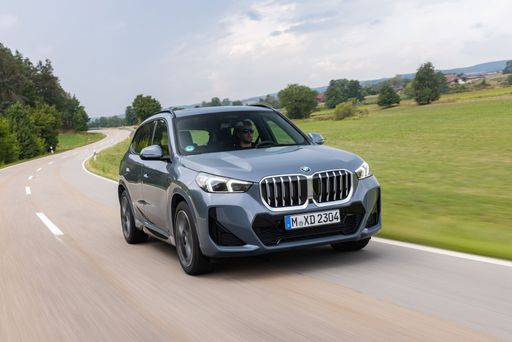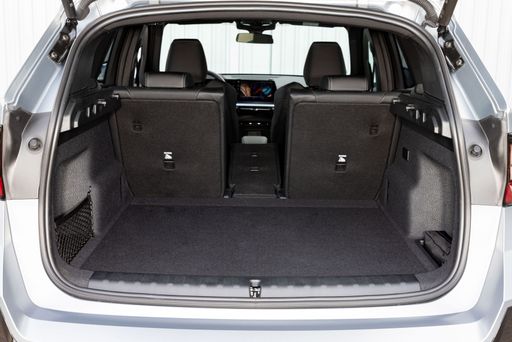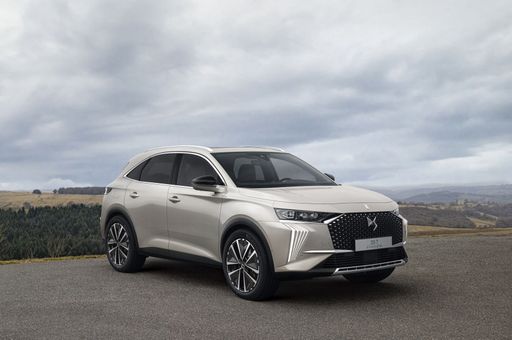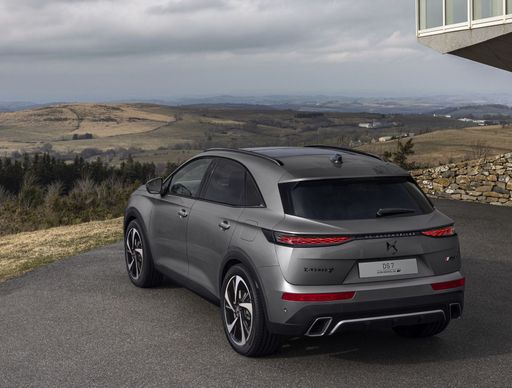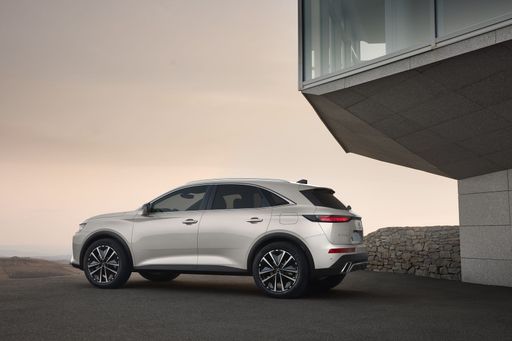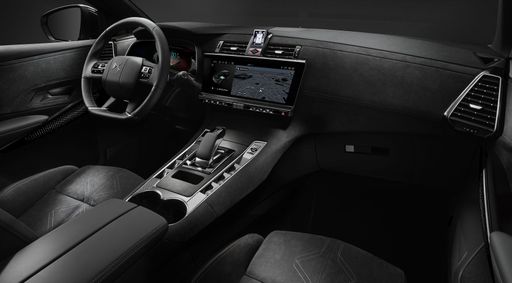Head-to-Head: BMW X1 vs DS Automobiles DS 7 Crossback
When it comes to the competitive landscape of compact SUVs, the BMW X1 and the DS Automobiles DS 7 Crossback stand out as two elegant contenders. Both models boast a combination of style, performance, and advanced technology that cater to a wide range of automotive enthusiasts. In this article, we delve into the technical aspects, innovations, and overall driving experiences offered by each model.





